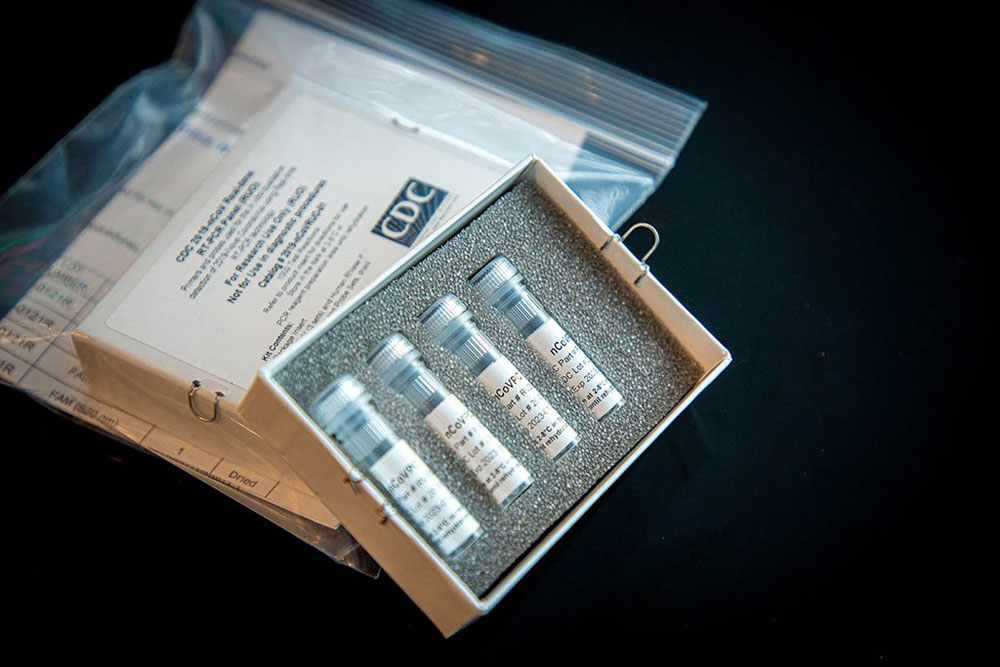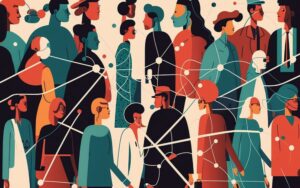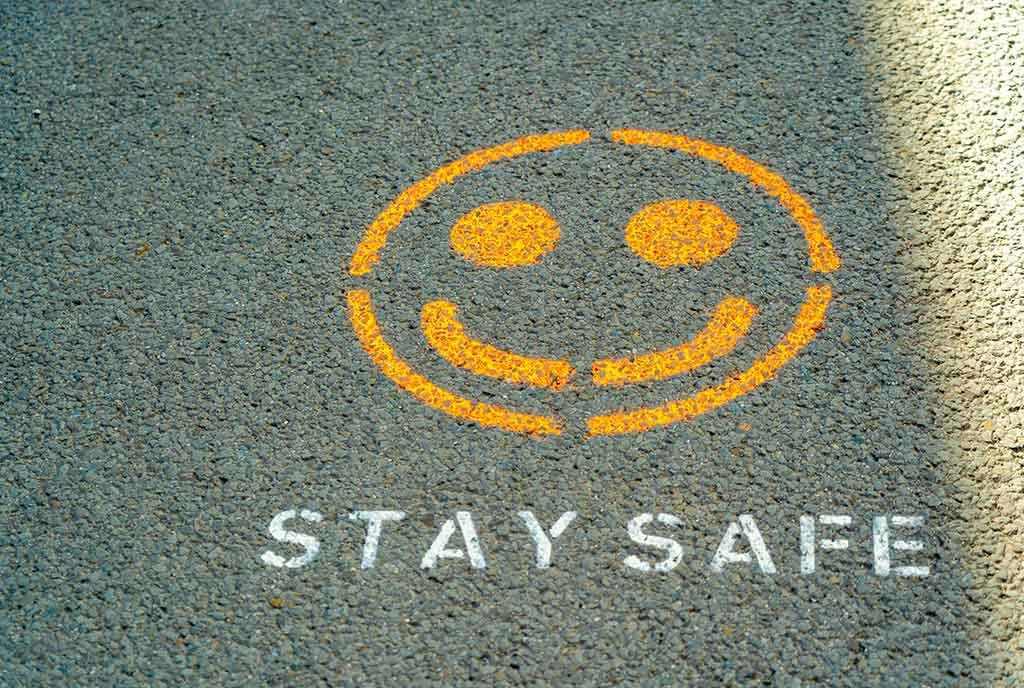
April 21, 2020; NPR, “Shots”
“We’ve tested more than every other country in the world even put together,” said President Donald Trump in Tuesday’s White House briefing. Unfortunately, that is far from the truth. The US has conducted a bit over 4 million COVID-19 tests and trails behind when compared to other countries.
Massive testing in South Korea has been heralded as a major driver to contain the spread of coronavirus in that country. With one of the lowest COVID-related mortality rates, South Korea’s federal government launched a massive response to testing, in coordination with several ministries, five biotech companies, and the centralized use of information technology. Its diagnostic kit was based on technologies previously developed for the Zika virus and received European certification a few days after it was released into the market.
Both the US and South Korea discovered their first coronavirus patient the same day, yet their responses went very different ways. After a public health emergency was declared in the US on January 31st, the first test kits were developed by the CDC in less than four days. In contrast, South Korea’s tests took three weeks to be developed.
From the beginning, hospitals complained the CDC’s test kits were faulty, but it was discovered only recently that they were actually contaminated, as they were manufactured in the same lab premises handling synthetic coronavirus material.
As the first deaths on the West and East Coasts began to be recorded, local governments began to slowly implement “stay-at-home” orders; meanwhile, the federal government was still publicly downplaying the global pandemic. It would take another 20 days after the first CDC tests for university and state public health laboratories to receive FDA emergency authorizations to develop their own tests on February 29th.
Under rising pressure, the FDA began fast-tracking approval in mid-March for private companies to develop COVID-19 test kits. During a press conference, the White House unveiled a public-private partnership with corporate entities such as CVS, Walgreens, and Abbott Technologies to open drive-thru testing sites throughout the US. Walmart and Target are supposed to join in the effort.
Touting results in less than 15 minutes, Abbott’s portable testing technology is one of several that have received fast-tracked approval by the FDA. Unlike its competitors, Abbott claims it can make 50,000 tests per day, but the testing success will depend greatly on the testing process itself.
Sign up for our free newsletters
Subscribe to NPQ's newsletters to have our top stories delivered directly to your inbox.
By signing up, you agree to our privacy policy and terms of use, and to receive messages from NPQ and our partners.
Many of these tests depend on high viral content. The director of the Laboratory for Diagnostics and Global Healthcare Technologies at Boston University, Catherine Klapperich, explains the procedure to the Verge’s Nicole Wetsman:
The problem is that the virus doesn’t tend to stay in an easily accessible part of the body. It lurks in the nasopharynx, where the back of the nose meets the top of the throat. To test someone for the new coronavirus, doctors and nurses have to stick a very long swab very deep into their nose.
“It’s not rocket science, but you have to be trained to do it,” Klapperich says.
In an interview with CNBC, CVS Chief Medical Officer Dr. Troyen Brennan said most of the COVID-19 testing will be conducted by health professionals in walk-in clinics, but drive-thrus will also conduct pilot programs where “patients will administer their own test by rolling around the swab in both of their nostrils to collect a specimen.” Tests will be free only to those who qualify for it.
Recent research conducted on Abbott’s ID NOW test kits has raised serious questions about its effectiveness. Scientists in Cleveland Clinic told NPR that those kits have shown 15 percent of false negatives, meaning 15 out of 100 people going through these testing sites could be infected with COVID but get a false sense of security, further infecting their loved ones and those around them. The Star Tribune also reviewed hundreds of pages of FDA regulatory filings and found that “that most test makers are doing the bare minimum amount of validation work before putting their wares in clinicians’ hands.” False negatives are not just dangerous but could quickly impel an uncontrollable second wave of contagion.
In early April, Abbott launched pilot tests of ID NOW through CVS and Walgreens in several cities, including Lowell and West Springfield in Massachusetts, known for hosting large low-income communities of color. Meanwhile, the White House was able to negotiate a deal with South Korea to receive over 750,000 COVID-19 test kits manufactured in that country, although it’s not clear who are those for. “Urgent needs will be given priority,” read a FEMA advisory obtained by CNN.
NPQ has noted that communities of color should be prioritized in coronavirus screenings and treatment. However, we want to emphasize that any public-private partnerships in dealing with the COVID pandemic need to be closely monitored and adhere to the highest levels of accountability.—Sofia Jarrin-Thomas













